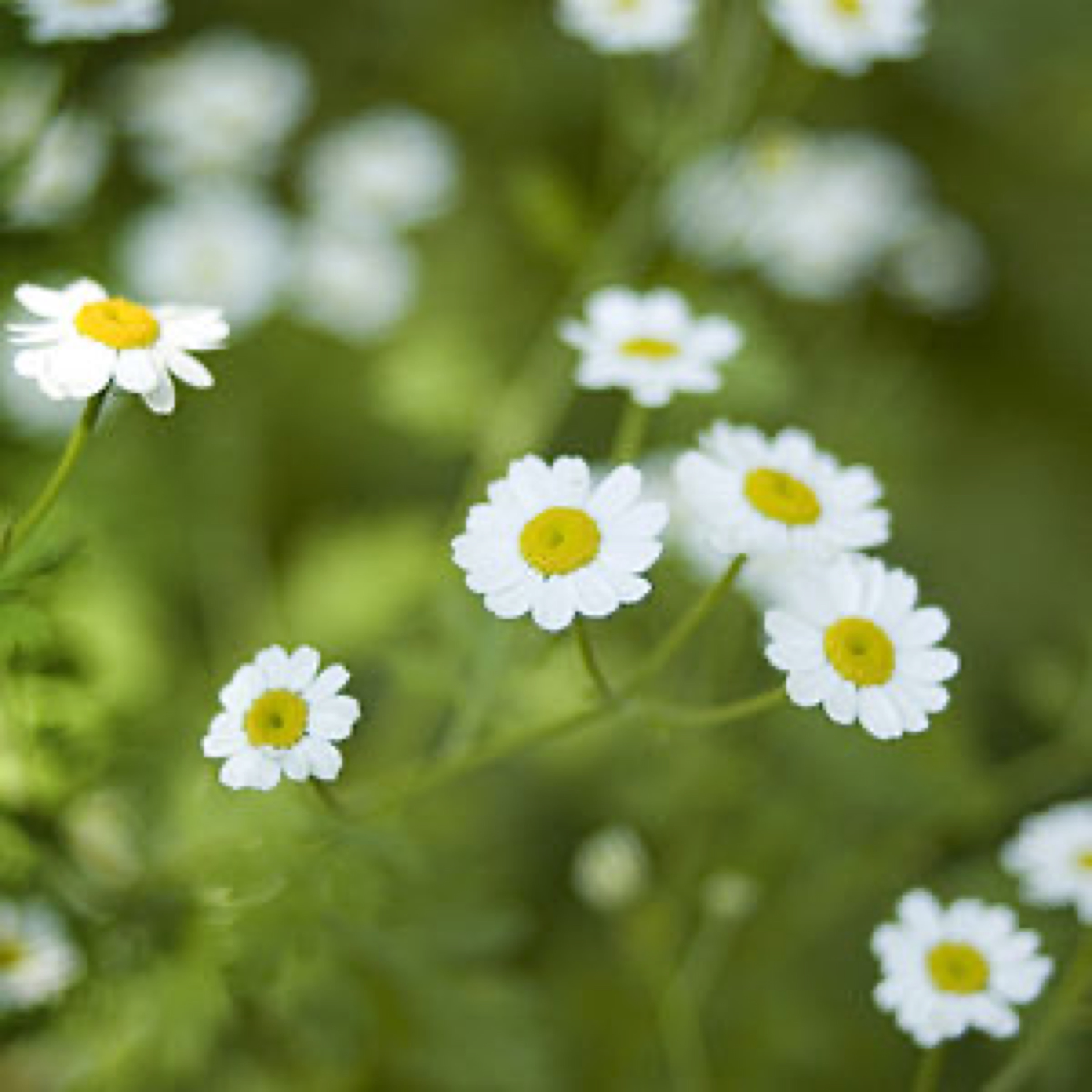Healing Herbs & How They Give Us More Natural Solutions
We have relied on herbs and herbal medicine to treat our ailments and conditions for centuries - and yet even today when so much more is known about herbs and their medicinal properties, many look down on them as being quackery.
Of course, much of the medical world would prefer us to use commercial drugs for treatment and healing, being dismissive of a more natural approach.
However, there are very distinct advantages to using herbs whenever possible instead of commercial drugs.
The link with herbs to medications
Pharmaceutical companies extract what they consider to be the active ingredient from herbs. They isolate this and then go and mix it with synthetic substances. This can lead to a very powerful but unbalanced drug.
And this is when you can get unwanted side effects. Clinical trials for drugs are carried out on a selected few and for at most a couple of years.
By contrast, healing plants and herbs have been tried and tested for hundreds of years. They are well known for their effectiveness in the treatment of many diseases.
Think about which treatment you would prefer – chemical or herbal?
Herbal remedies can boost the immune system, increase the body’s resistance to infections, heal allergies and raise and renew the vitality of the body. For centuries, herbal medicine has increased overall health, vitality and life expectancy.
Common herbal remedies include the following
- Goldenseal is known for its antibiotic properties.
- Chamomile is known for relieving stomach distress, calming nerves, fighting infection, speeding healing processes and preventing ulcers.
- Garlic is a strong natural antibiotic in chopped or chewed form. It helps reduce cholesterol and the risk of heart attacks as it prevents the forming of blood clots. Garlic also contains anti-viral properties.
- Ginseng is used to increase stamina, provide liver protection from harmful substances and stimulate the immune system. When tested on animals, sexual activity increased.
- Feverfew is used to help prevent migraines.
- Spearmint and Peppermint provides indigestion relief.
- Comfrey aids in new cell growth and helps heal wounds because it contains allantoin.
- Senna is a strong laxative but it tastes really terrible. A commercial product or tincture is therefore recommended. Take only as much as the package directs to prevent abdominal distress.
- Uva Ursi is used along with other medical treatments. It is bitter and provides urinary antiseptic and diuretic results.
- Ginger may reduce the risk of heart attack by preventing internal blood clots. Also used for motion sickness.
- Licorice is used to relieve ulcers and soothe sore throats. Be careful not to take large amounts of licorice as this can be harmful.
- Slippery Elm Bark provides relief for upset stomachs, coughs and sore throats.
- Dandelion helps alleviate premenstrual bloating and may provide anti-inflammatory results.
- Raspberry Leaf is widely used to treat uterine irritability, morning sickness and to help prevent miscarriage in pregnancy.
Herbs can work in two ways – one to relieve anxiety and fear and the other to influence the hormones. The great thing about herbs is that they become natural home herbal remedies so easily. If you can boil water, you are well on your way to making your own home remedies. No special equipment or complicated instructions are necessary plus you save money and ensure purity and freshness. You can easily make lotions, teas, cordials and tinctures.
Herbal teas
Herbal teas are known for their soothing and healing properties, providing health benefits by detoxifying the body, cleansing the colon and calming anxiety.
Second only to water, tea is the most frequently consumed drink worldwide. All types of teas, including green, black and red teas, have antioxidant properties because of the polyphenols they contain. Herbal teas are considered to be one of the most satisfying and helpful types of herbal supplementation.
Many of the common herbal remedies listed above can be made into a tea. So if you are keen to go the natural route, one of the best ways to start is to find out more about herbs and plants and how to make your very own fresh treatments in your home.
I am sure you will find it very satisfying and you can only benefit from this time spent in your kitchen - it will make a change from cooking or baking!

Sources
Badri O, et al. (2017). Combination therapy using evening primrose oil and electrical stimulation to improve nerve function following a crush injury of sciatic nerve in male rats. DOI:
10.4103/1673-5374.202927
Chung BY, et al. (2018). Effect of evening primrose oil on Korean patients with mild atopic dermatitis: A randomized, double-blinded, placebo-controlled clinical study.DOI:
10.5021/ad.2018.30.4.409
Dhar D, et al. (2017). A comparative study of centchroman vs danazol vs evening primrose oil in the management of mastalgia and fibroadenoma.
wwjournals.com/index.php/ijsr/article/view/15670




